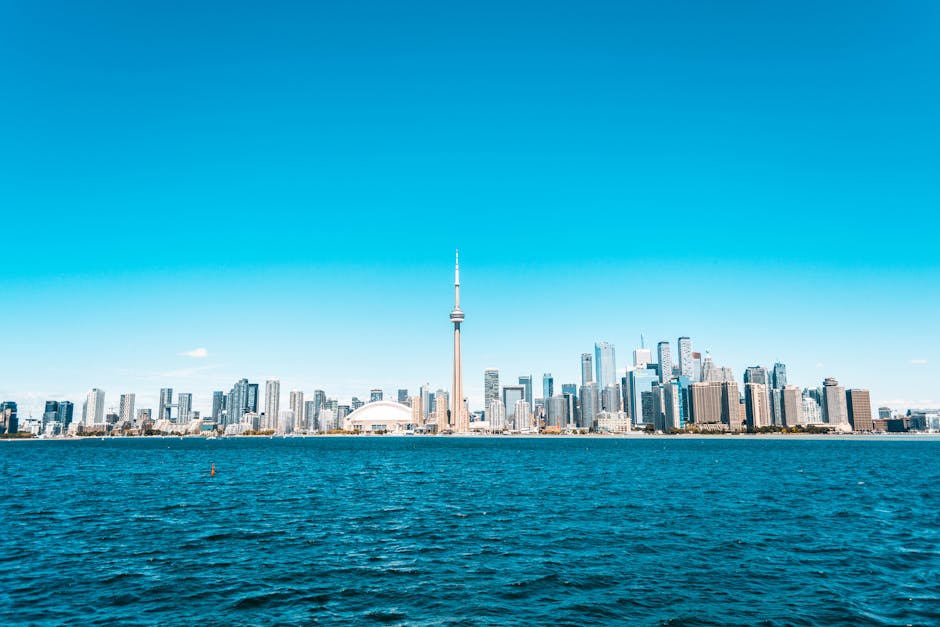
Commercial pest control services deploy a range of strategies to ensure that businesses and public spaces remain pest-free. Understanding these strategies is crucial for any business owner seeking to maintain a healthy and safe environment for customers and employees. One of the primary approaches involves a thorough inspection of the premises to identify the type and extent of the pest infestation. This step is essential for crafting a tailored solution that addresses the specific needs of the property.
Following the inspection, professionals often utilize integrated pest management (IPM) techniques. IPM focuses on long-term prevention of pests through a combination of biological control, habitat manipulation, modification of cultural practices, and the use of resistant varieties. Pesticides are used only after monitoring indicates they are needed and in targeted areas to reduce potential exposure and pest resistance.
Moreover, commercial pest control services may employ various mechanical and physical controls such as traps, barriers, and electronic devices. These serve as direct methods to remove or deter pests from the premises. Additionally, the judicious use of chemical controls, in the form of sprays and baits, plays a vital role when other methods are insufficient. It is important for these services to use products that are not only effective but also comply with safety regulations to protect human health and the environment.
For more information on how Pestisect Pest Control Inc. can assist with your commercial pest control needs, leveraging our status as the Consumer Choice Award Winner and expertise in the field, please contact us or visit pestisect.ca.
Types of Pesticides Used by Professional Exterminators

Professional exterminators have access to a wide array of pesticides, each formulated to combat specific types of pests effectively. These pesticides are classified into several categories based on their intended use and the pests they target. Insecticides are designed to eliminate insects such as ants, cockroaches, and termites. These can come in various forms, including sprays, powders, and baits.
Rodenticides are another type of pesticide, with a specific formulation to control mice and rats. These often work by disrupting the rodent’s ability to coagulate blood, leading to internal bleeding. Herbicides, although less commonly used indoors, may be employed by commercial pest control services to manage vegetation that could harbor or feed pests.
Fungicides and bactericides are used to control fungal and bacterial infestations, respectively, which can be critical in food processing and storage environments. It’s essential to note that professional exterminators are trained to handle and apply these substances safely and effectively, minimizing the risks to non-target species and the environment. They also adhere to stringent regulations that govern the use of pesticides, ensuring that their application is both legal and ethical.
When selecting the appropriate pesticide, professionals consider factors such as the pest’s life cycle, the environment of the infestation, and the potential impact on non-target organisms. This careful consideration ensures that the use of pesticides is not only effective but also responsible, reflecting the exterminators’ commitment to public health and safety.
Non-Chemical Pest Management Techniques

In addition to traditional pesticides, modern commercial pest control services employ a variety of non-chemical pest management techniques. These methods prioritize environmental safety and human health while still effectively managing pest populations. Physical barriers, such as screens, netting, and door sweeps, are commonly installed to prevent pests from entering a facility.
Traps are another cornerstone of non-chemical pest control, capturing rodents and insects without the use of toxic substances. Glue boards, snap traps, and live catch traps are examples that can be strategically placed to manage infestations. Furthermore, the use of ultrasonic devices has become more prevalent; these devices emit high-frequency sound waves that are intended to deter pests, although their effectiveness can vary.
Another integral part of non-chemical pest control is cultural control, which involves modifying the environment to make it less attractive to pests. This can include measures such as proper waste management, maintaining clean facilities, and eliminating standing water where mosquitoes could breed. Similarly, biological control involves the introduction of natural predators or parasites to control pest populations.
Integrated Pest Management (IPM) is a holistic approach that combines these non-chemical strategies with the judicious use of pesticides, creating a comprehensive pest control plan. IPM focuses on long-term prevention and control through a combination of techniques that are safe, effective, and environmentally conscious. By reducing reliance on chemical treatments, commercial pest control services can offer sustainable solutions that protect both the property and the well-being of those who use it.
Regulatory Compliance and Safety Measures
Commercial pest control services must adhere to strict regulatory compliance and safety measures to ensure that their practices are safe for both people and the environment. In Canada, the Pest Control Products Act (PCPA) regulates the use of pest control products, requiring that all pesticides are approved by the Health Canada’s Pest Management Regulatory Agency (PMRA) before they can be used.
Technicians are trained to follow label instructions meticulously, which specify approved uses, application rates, and safety precautions. Moreover, they must comply with the Workplace Hazardous Materials Information System (WHMIS), which provides information on the safe use of hazardous products in the workplace. The implementation of Material Safety Data Sheets (MSDS) for all chemicals used is also a key component of WHMIS compliance, ensuring that all personnel are informed about the substances they work with.
Pest control companies often go beyond legal requirements, adopting best practices for safety and environmental stewardship. This includes the use of personal protective equipment (PPE), such as gloves, masks, and protective clothing, whenever necessary. Additionally, the employment of environmental management systems helps these services monitor and minimize their impact on the surrounding ecosystem.
Regular training sessions are essential to keep staff up-to-date with the latest regulations, techniques, and safety protocols. This continuous education ensures that pest control professionals are able to provide effective service while maintaining a high standard of safety for their clients, the public, and themselves.
The Role of Integrated Pest Management in Businesses

Integrated Pest Management (IPM) plays a pivotal role in the commercial pest control industry, particularly for businesses seeking long-term solutions to pest issues. IPM is a holistic approach that combines a variety of strategies and practices to manage pests effectively, economically, and with minimal risk to people and the environment. Instead of relying solely on chemical treatments, IPM emphasizes the importance of prevention, cultural controls, and biological controls alongside the use of pesticides.
For businesses, implementing an IPM plan starts with a thorough inspection of the premises to identify potential pest entry points, breeding grounds, and food sources. This is followed by monitoring to assess pest activity levels and identify the species present. Based on the findings, pest control professionals develop a customized plan that may include sealing entry points, improving sanitation, and modifying storage practices to reduce the attractiveness of the area to pests.
When chemical treatments are necessary, IPM strategies prioritize the use of targeted applications and least-toxic pesticides to manage the pest population while minimizing exposure to non-target organisms. This approach not only addresses the immediate pest problem but also reduces the likelihood of future infestations.
Businesses benefit from IPM by reducing their reliance on chemical treatments, which can lead to cost savings and a smaller ecological footprint. Furthermore, IPM practices contribute to a healthier work environment for employees and a more appealing space for customers. By taking a proactive and informed approach to pest management, businesses can ensure that they are addressing pest issues effectively while also fulfilling their environmental and social responsibilities.
Choosing the Right Commercial Pest Control Service

When it comes to maintaining a pest-free environment in your business, selecting the right commercial pest control service is critical. The ideal service provider should have a blend of expertise, experience, and a strong commitment to customer satisfaction. It’s important to choose a company that offers tailored solutions based on a thorough understanding of your specific needs and the nuances of your industry.
Look for pest control exterminators with a proven track record of success, as indicated by certifications, customer testimonials, and industry awards, such as the Consumer Choice Award. Ensure that they employ licensed technicians who are trained in the latest IPM practices and use state-of-the-art technology and products.
Transparency is key; a reputable pest control service will provide clear communication about the methods and products they use, as well as their safety protocols. They should also offer flexible scheduling and ongoing support to address any concerns that may arise post-treatment.
At Pestisect Pest Control Inc., recognized as the Best Pest Control Exterminators in Brampton, Mississauga, and Toronto, we take pride in our IPM-based approach that has earned us the Consumer Choice Award. Our team of experts is dedicated to delivering exceptional pest management services that safeguard your business while being environmentally responsible. To discuss how we can assist you in creating a pest-free environment, reach out to us at info@pestisect.ca or visit our website at pestisect.ca for more information.
Remember, the right pest control service not only resolves your immediate pest concerns but also helps prevent future infestations. Partnering with a trusted service provider is an investment in the health, safety, and reputation of your business.






